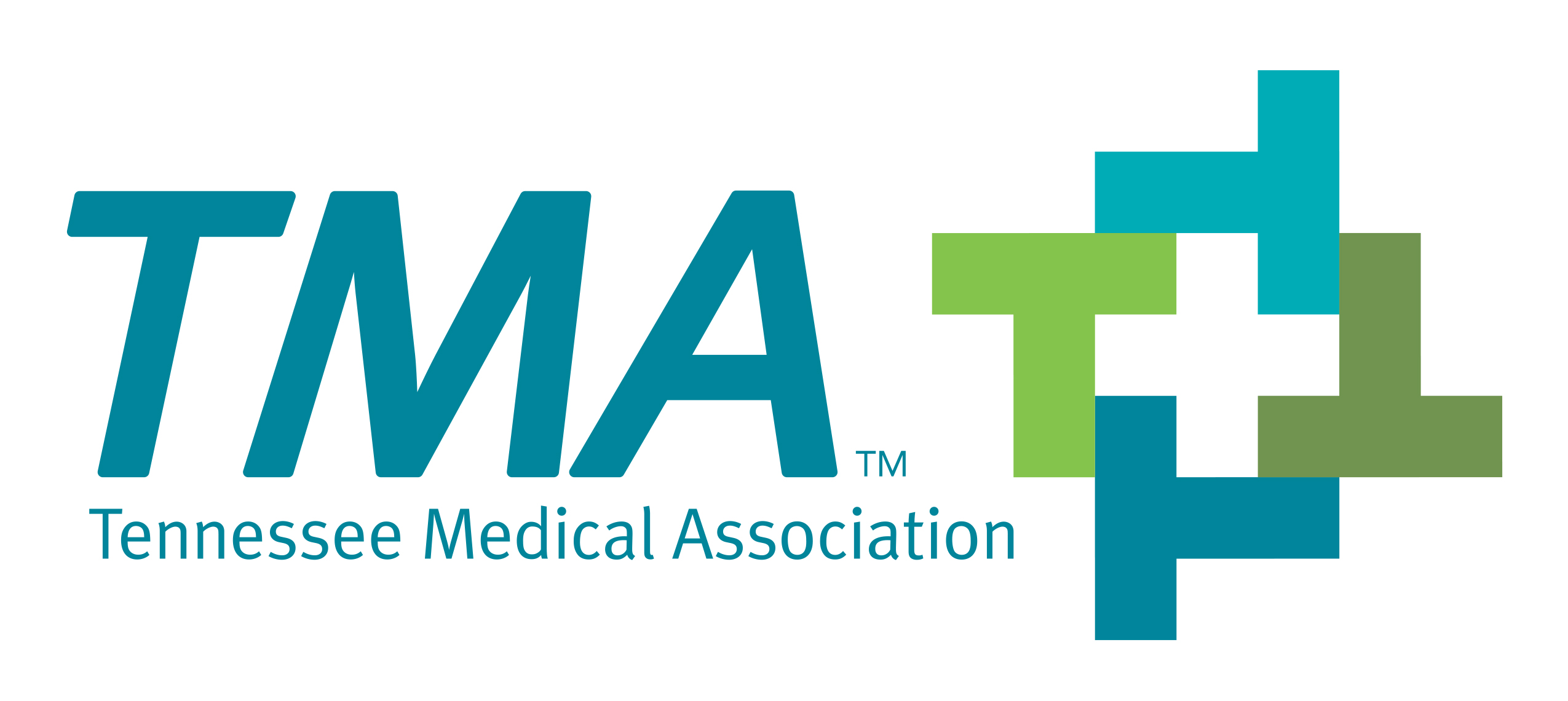TMA Bills Move to Gov Ops, CON Reform Clears Key Committees

TMA Bills Move to Gov Ops, CON Reform Clears Key Committees
TMA’s policy agenda for the 2024 legislative session will soon move to both the Senate and House floors pending a final review by the House Government Operations Committee.
Each remaining priority— physician wellness (SB734/HB628), insurer clawbacks (SB2328/HB2076), and hybrid team-based care (SB2136/HB2318)— have at least one provision that impacts state agencies, whether by enforcement authority or promulgating rules to effectuate implementation. While it is atypical for measures to be referred to government operations for standard rule-making authority, new legislative procedure has made this process ubiquitous. Thus, TMA bills will have one final hurdle to overcome before progressing to the House floor.
On Tuesday, lawmakers in the House Insurance Committee advanced the insurer clawbacks legislation with no discussion from lawmakers. Given a provision that grants the Commissioner of the Tennessee Department of Commerce & Insurance to enforce its implementation, the measure must travel through the House Government Operations Committee before being eligible for a full floor vote.
Similarly, the hybrid team-based care bill requires licensing boards to promulgate rules establishing a process by which physician assistants (PAs) may seek an “endorsed” status to practice under less prescriptive collaboration requirements (while still being required to collaborate with a physician). Despite having introduced the proposal as applying to both PAs and APRNs, the latter requested to be amended out of the legislation due to resistance to codifying their scope of practice. TMA’s Vice President of Government Affairs, Julie Griffin, testified in opposition to the omission of APRNs from the amendment, but the measure advanced out of both the Senate and House committees anyway.
In addition to new licensing authority by the Board of Physician Assistants, the bill also directs the Board of Medical Examiners (BME) to establish a registry of licensed physicians willing to collaborate under these new guidelines, including the region(s) of the state in which the physician is willing to enter into a collaborative agreement with an endorsed PA. The inclusion of a physician on the registry does not obligate him or her to enter into a collaborative agreement with PA.
Finally, the physician wellness bill awaits a similar review in the House Government Operations Committee, having already passed the House Health Committee last week. However, this particular proposal is more extensive in its directives to licensing boards and state agencies. Specifically, the proposal directs the BME to establish an executive session to discuss and deliberate a licensee’s (or prospective licensee’s) mental health conditions if they are revealed during the application process to assess impairment, if any. These proceedings would be confidential and allow the applicant's or licensee's authorized representative or attorney to be present during the deliberations.
CERTIFICATE OF NEED
A behemoth bill seeking extensive changes to the state’s Certificate of Need (CON) process cleared two key hurdles this week.
Sponsored by Sen. Shane Reeves (R-Murfreesboro) and Rep. Clark Boyd (R-Lebanon), SB2009/HB2269 would phase out requirements for certain healthcare services and facilities to obtain a CON from 2025 to 2029 with the goal of moving toward a licensing structure that enables more providers to operate within the state. Among those set to take effect in 2025: burn units and neonatal intensive care units would no longer be required to obtain a CON at all, while hospital-based satellite emergency departments would have fewer operational restrictions provided no general hospital, critical access hospital, or rural emergency hospital exists in that county. The bill also exempts CON for MRIs and PET in counties with fewer than 175,000 residents.
Beginning in 2027, ambulatory surgical centers, linear accelerator procedures, and long-term care hospitals would be exempt from the CON process. By 2029, the remaining facility exempted from CON would be open heart surgery facilities. A license issued by the Health Facilities Commission would still be required for all of these providers.
The comprehensive bill is the byproduct of a three-year working group that sought input from dozens of stakeholders, including hospitals, ambulatory surgical centers, mental health facilities, and nursing homes. While the proposal is progressing through the Senate and House with little opposition, there remain several more legislative hurdles before it can become law, including a review by the finance committees and the House Government Operations Committee. If passed, the measure will go into effect July 1, 2025.
